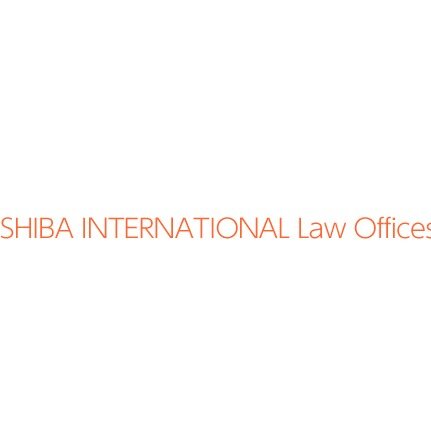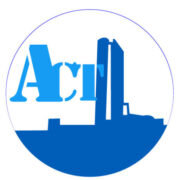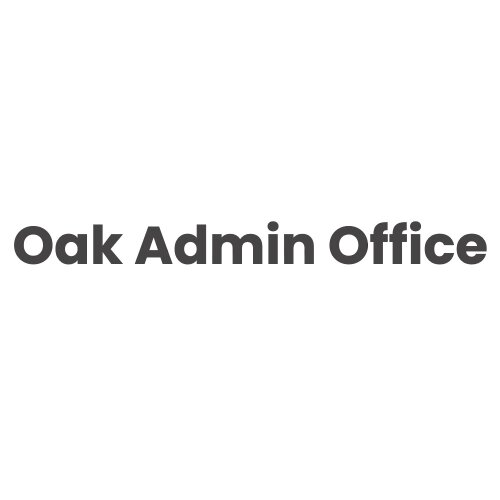Best Public-Private Partnerships (PPP) Lawyers in Tokyo
Share your needs with us, get contacted by law firms.
Free. Takes 2 min.
List of the best lawyers in Tokyo, Japan
About Public-Private Partnerships (PPP) Law in Tokyo, Japan
Public-Private Partnerships (PPP) are collaborative arrangements between government entities and private sector organizations aimed at providing public infrastructure, services, and facilities. In Tokyo, PPP frameworks are widely used for diverse projects, including urban development, transportation, healthcare, and utilities. The Japanese government enacts specific legal frameworks and guidelines to facilitate and regulate these partnerships, emphasizing transparency, fairness, and efficiency. Tokyo, as Japan’s capital and economic center, hosts numerous high-profile PPP projects, playing a key role in both policy development and practical implementation.
Why You May Need a Lawyer
Legal guidance in PPP matters can be essential for several reasons. PPP projects in Tokyo often involve complex regulatory procedures, intricate contract negotiations, and oversight from multiple governmental agencies. Some common situations where you might require a lawyer include:
- Drafting, reviewing, or negotiating PPP agreements and contracts
- Participating in bid and tender processes for government projects
- Navigating regulatory approvals and compliance requirements
- Managing public procurement issues
- Resolving disputes or contractual breaches between public and private parties
- Understanding risk allocation and project financing structures
- Protecting intellectual property rights related to PPP projects
- Complying with environmental and labor laws affecting PPP operations
Professionals, business owners, investors, and even public entities may benefit from specialized legal support to ensure project success and regulatory compliance in the Tokyo PPP landscape.
Local Laws Overview
PPP regulations in Tokyo primarily stem from national Japanese laws, supplemented by local ordinances and guidelines. The most significant legal framework is the Act on Promotion of Private Finance Initiative (PFI Act), which governs the use of private finance and expertise in public works. Key aspects include:
- PFI Act - Establishes the basis for PPP implementation, focusing on transparent competitive bidding, performance-based contracts, and risk sharing between public and private sectors.
- Public Procurement Law - Sets guidelines for fair bidding, anti-corruption, and conflict of interest mitigation in public projects.
- Local Government Regulations - Tokyo Metropolitan Government issues supplementary guidelines and requirements tailored to the city’s needs.
- Land Use and Infrastructure Laws - Affect site selection, zoning, building codes, and environmental impact assessments for PPP projects.
- Contract Law and Dispute Resolution - Govern contract enforceability and remedies available in case of disputes between parties.
Understanding the interplay of these laws is crucial for successful PPP engagement and ongoing compliance in Tokyo.
Frequently Asked Questions
What is a Public-Private Partnership (PPP) in Tokyo, Japan?
A PPP in Tokyo is a cooperative agreement where government bodies collaborate with private companies to finance, construct, and operate public services or infrastructure, typically under a long-term contract.
Which law primarily governs PPP projects in Japan?
The Act on Promotion of Private Finance Initiative (PFI Act) is the main legal framework for PPP projects in Japan, including Tokyo.
How can I participate in a PPP project in Tokyo?
Private entities typically participate through bidding processes organized by government authorities. These processes require compliance with established guidelines, proposal submissions, and contract negotiations.
Are foreign companies allowed to engage in PPPs in Tokyo?
Yes, foreign companies can participate in PPPs, provided they meet the eligibility and regulatory requirements. Legal advisors can assist with specific procedures for foreign entities.
What government agencies oversee PPPs in Tokyo?
Host agencies vary depending on the project type, but the Tokyo Metropolitan Government and central ministries such as the Ministry of Land, Infrastructure, Transport and Tourism (MLIT) are prevalent regulators.
What are common risks associated with PPP projects?
Risks include project delays, cost overruns, regulatory changes, contract disputes, and demand uncertainty. Legal professionals provide risk mitigation strategies and contract safeguards.
How are disputes in PPP projects typically resolved?
Disputes may be resolved through negotiation, mediation, arbitration, or litigation as outlined in the PPP agreement. Japanese law encourages alternative dispute resolution for efficiency.
Can PPP contracts be amended after signing?
Yes, PPP contracts can be amended with mutual consent of both parties, subject to legal requirements and sometimes approval from relevant authorities.
What are public procurement requirements for PPPs?
Public procurement laws require open, fair, and competitive bidding processes, with strict adherence to anti-corruption and transparency standards.
What role does due diligence play in PPP projects?
Due diligence is vital for identifying risks, assessing regulatory compliance, and confirming the project’s financial viability before entering into PPP contracts.
Additional Resources
Several resources are available to help individuals and organizations seeking information or legal advice on PPPs in Tokyo:
- Tokyo Metropolitan Government - PPP and infrastructure project guidance
- Ministry of Land, Infrastructure, Transport and Tourism (MLIT) - National policy and PFI Act implementation
- Japan PFI/PPP Association - Industry group providing policy updates and best practices
- Japan External Trade Organization (JETRO) - Support for foreign companies interested in PPP opportunities
- Legal aid services and the Japan Federation of Bar Associations - Access to legal professionals specializing in PPP law
Next Steps
If you are considering involvement in a PPP project or require guidance on legal aspects in Tokyo, the following steps are recommended:
- Identify the specific nature of your interest or challenge in the PPP process
- Gather all relevant documents, RFPs, contracts, and correspondence
- Consult with a legal professional experienced in Japanese PPP law and Tokyo’s local requirements
- Evaluate risk factors and compliance obligations specific to your project
- Initiate formal advice or representation as needed, particularly for contract negotiations, bidding, or dispute resolution
Early legal involvement can help anticipate challenges, reduce risks, and ensure a smoother PPP process in Tokyo, Japan.
Lawzana helps you find the best lawyers and law firms in Tokyo through a curated and pre-screened list of qualified legal professionals. Our platform offers rankings and detailed profiles of attorneys and law firms, allowing you to compare based on practice areas, including Public-Private Partnerships (PPP), experience, and client feedback.
Each profile includes a description of the firm's areas of practice, client reviews, team members and partners, year of establishment, spoken languages, office locations, contact information, social media presence, and any published articles or resources. Most firms on our platform speak English and are experienced in both local and international legal matters.
Get a quote from top-rated law firms in Tokyo, Japan — quickly, securely, and without unnecessary hassle.
Disclaimer:
The information provided on this page is for general informational purposes only and does not constitute legal advice. While we strive to ensure the accuracy and relevance of the content, legal information may change over time, and interpretations of the law can vary. You should always consult with a qualified legal professional for advice specific to your situation.
We disclaim all liability for actions taken or not taken based on the content of this page. If you believe any information is incorrect or outdated, please contact us, and we will review and update it where appropriate.
















